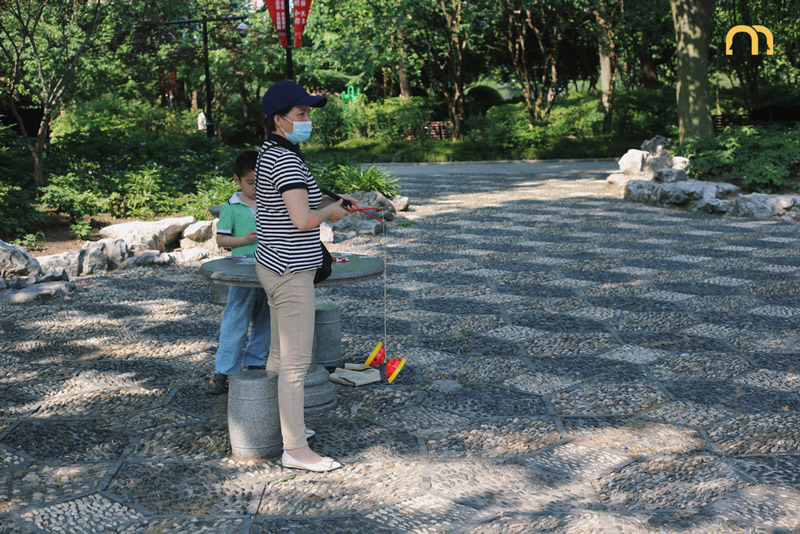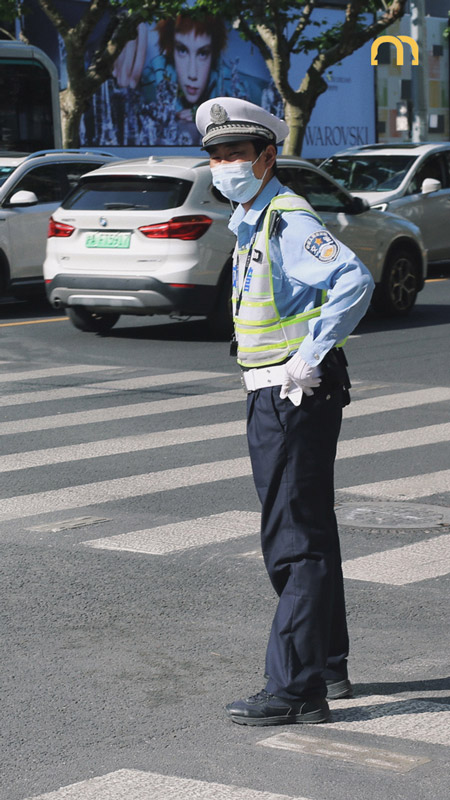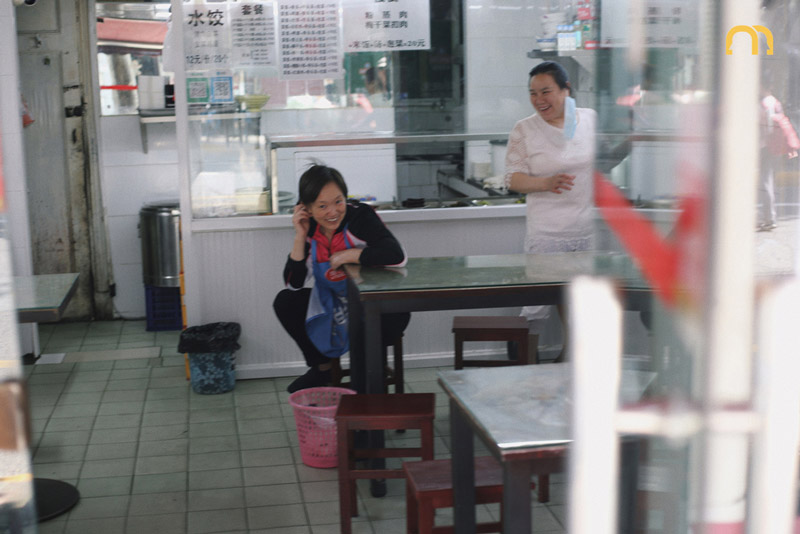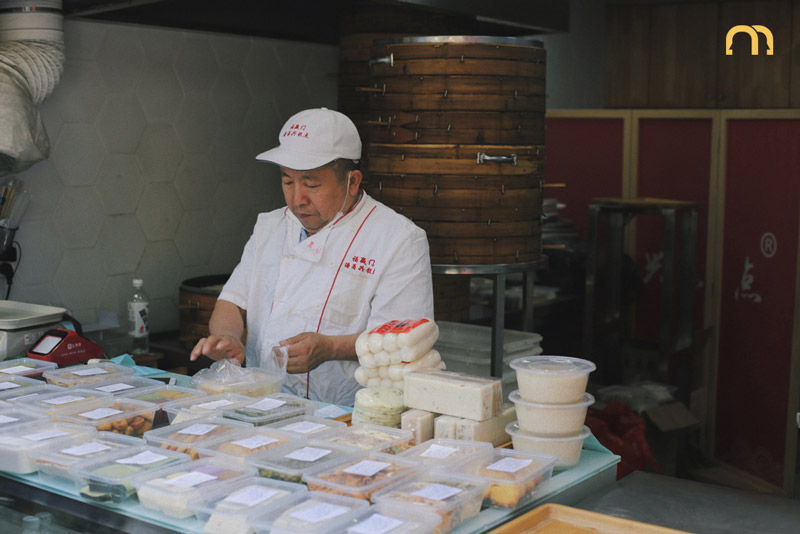The global spread of the coronavirus has had a negative impact on people’s lives in different countries, and China is no exception. In addition to people’s attitude towards life, their mindsets are also gradually changing in response to the outrageous pandemic. It’ll be interesting for Chinese learners to explore what has changed in Chinese people’s daily lives since the outbreak of the COVID-19.

1. Psychological Enhancement
EFFECTS OF THE PANDEMIC IN CHINA
On one hand, the outbreak of the COVID-19 pandemic has taken away millions of people’s lives. On the other hand, it has more or less strengthened people’s willpower. From a psychological perspective, the outbreak of the pandemic allows people to be better prepared for natural catastrophes in the future. Meanwhile, more and more people have realized the importance of having the ability to cope with potential predicaments since the COVID-19 pandemic raged across China, and they are trying to equip themselves with all sorts of necessary skills. For instance, since the pandemic penetrated into Chinese people’s daily lives, many of them have started to hold a rather “indifferent” attitude towards pressure at work as they understand that’s what they have to deal with in order to survive.

2. Definition of Happiness
EFFECTS OF THE PANDEMIC IN CHINA
Chinese people cherish their relationships with families and friends. The aftermath of the initial impact of the COVID-19 pandemic on Chinese society has changed people’s definition of happiness. Being able to lead an extravagant life was no longer considered the only “source of happiness” after the outbreak of the pandemic. A peaceful and tranquil lifestyle offering the opportunity to strengthen the family bond is now of great importance to people in China. They’ve started to search for happiness in their daily lives instead of linking it to extravagance and luxury.

3. Travel Preferences
EFFECTS OF THE PANDEMIC ON CHINA’S TRAVEL INDUSTRY
As the situation of the spread of the pandemic is exacerbating in most countries outside of China, most people in China have decisively switched their destinations to domestic tourist sites when it comes to traveling. Some Chinese people were addicted to traveling to Europe to purchase luxury products before the pandemic started, however, they’ve been trying to diminish their desires for shopping since the outbreak of the COVID-19 pandemic. Another reason why Chinese people’s travel preferences have changed drastically since the pandemic started to prevail is that according to the local strategy of pandemic prevention, all who have traveled abroad are obliged to carry out self-isolation (which lasts two weeks) after returning to China, which may bring inconvenience to their work and daily lives.

4. Dining
EFFECTS OF THE PANDEMIC ON THE F&B AREA
In order to minimize the risk of the spread of the COVID-19 pandemic, the locals are aware of the importance of avoiding unnecessary contact with other people. Therefore, although the typical scene of a joyful get-together at a restaurant can still be seen across China, it has become less popular among people from different age groups. Even when there are only a few new local cases confirmed, some people just “unconsciously” stop going to restaurants in response to pandemic prevention.

5. Education
EFFECTS OF THE PANDEMIC ON EDUCATION
Online education has become part of Chinese students’ lives due to the pandemic. Despite all the pros and cons of online tutoring, it is indeed an influential factor to getting the COVID-19 situation under control. Chinese students had little experience having classes online before the pandemic started because they were not considered as effective as offline classes. Chinese people believe that offline classes provide students with more opportunities to interact with their teachers and allow students to concentrate on their study without worrying about problems such as internet connection. Students in China have now more or less got used to online classes in that they understand their safety is way more important than complaining about the quality of online tutoring.









0 Comments